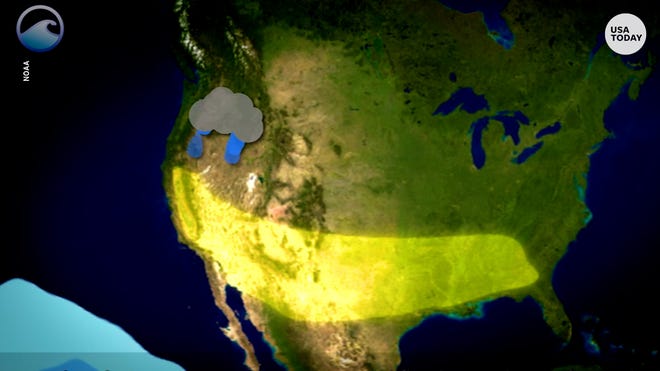
Diversity across the U.S. continues to grow, and the growth of Asian Americans may be one of the starkest examples of that.
“Asian Americans are projected to become the largest group in the U.S. by 2065,” said Neil Ruiz, Associate Director of Race and Ethnicity Research with Pew Research.
Pew analyzed data from the American Community Survey from the census.
“Since 2009, there are more immigrant arrivals coming from Asia than Latin America, which is really contributing to this Asian American population growth,” said Ruiz.
The population of Asians in the U.S. has nearly doubled since 2000, making them the fastest growing community of color in the country.
Alyssa Nilemo loves seeing her community blossom.
“I’m grateful for my community and how it’s supported me,” she said.
Nilemo is a member of the Colorado Asian Chamber of Commerce. She sees the growth of the community.
“We see places like, here, where we have small business owners, restaurants, sort of our cultural hub as it were,” said Nilemo.
But being a growing sector of society comes with growing pains. Hate crimes targeting Asians rose by 164% over last year.
“We are seeing a rise in violent crimes against Asians, but I don’t want to give the false impression that racism and that outburst towards Asians is something new,” said Nilemo.
But the rate of Asian American growth is new. Both Ruiz and Nilemo trace this growth back more than 50 years.
“This wave of Asian immigration is an outcome of the 1965 Immigration and Naturalization Act passage,” said Ruiz.
“Ever since the 1960s, when we saw a lift on those immigration bans start, this has been a steady increase,” said Nilemo.
“Before 1965, Asians and Latin Americans were banned from coming into the United States,” said Ruiz.
That law, the 1965 Immigration and Naturalization Act, allowed Asians to freely immigrate to the U.S. In 1960, there were less than 1 million Asians in the country. Today, there are almost 24 million.
As the population numbers grow, people like Nilemo are encouraging others to seek out and learn more about Asian culture.
“Come engage in community centers like this. Try the food, look up some resources, like the Asian Chamber that can connect you with Asian owned businesses,” said Nilemo.








